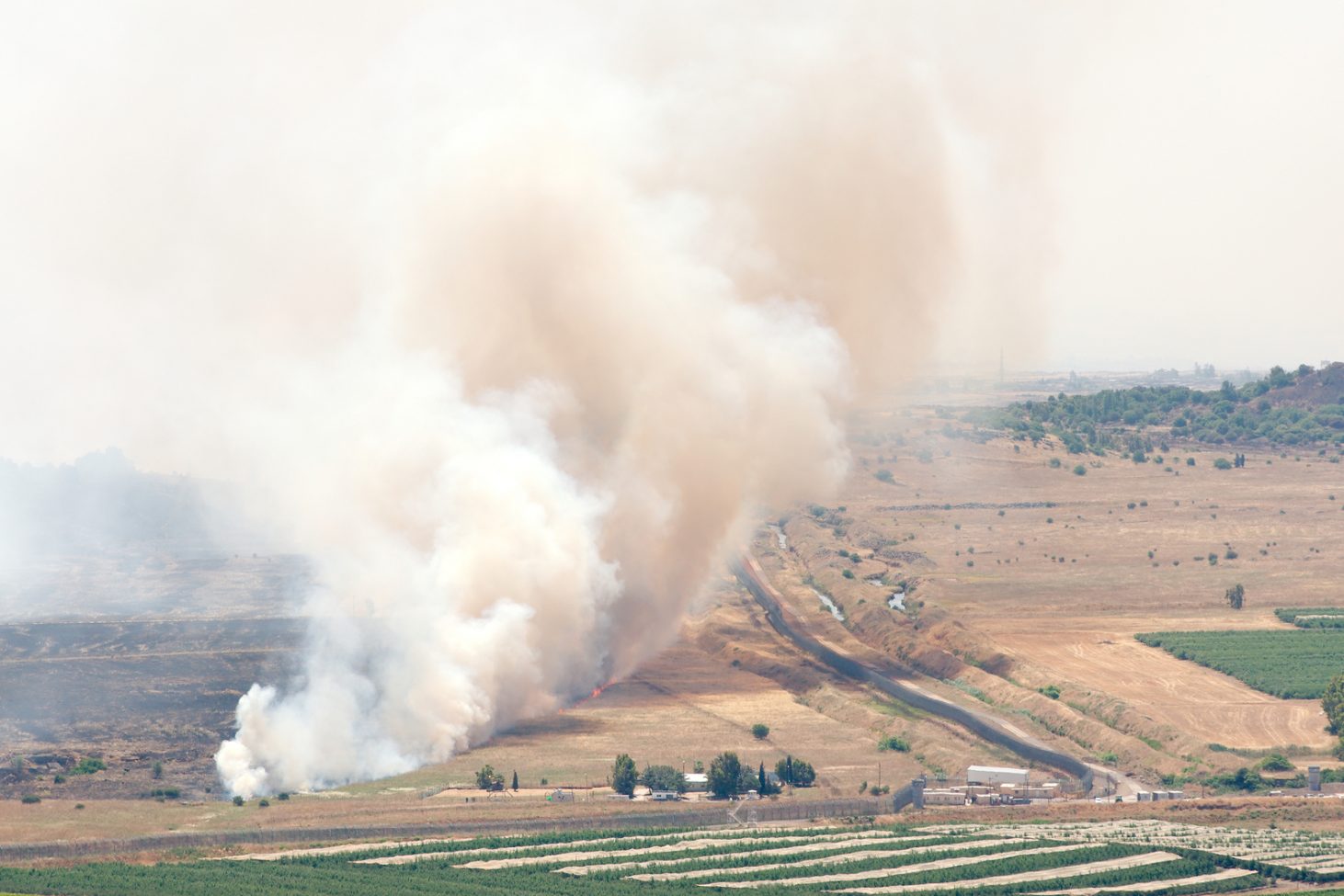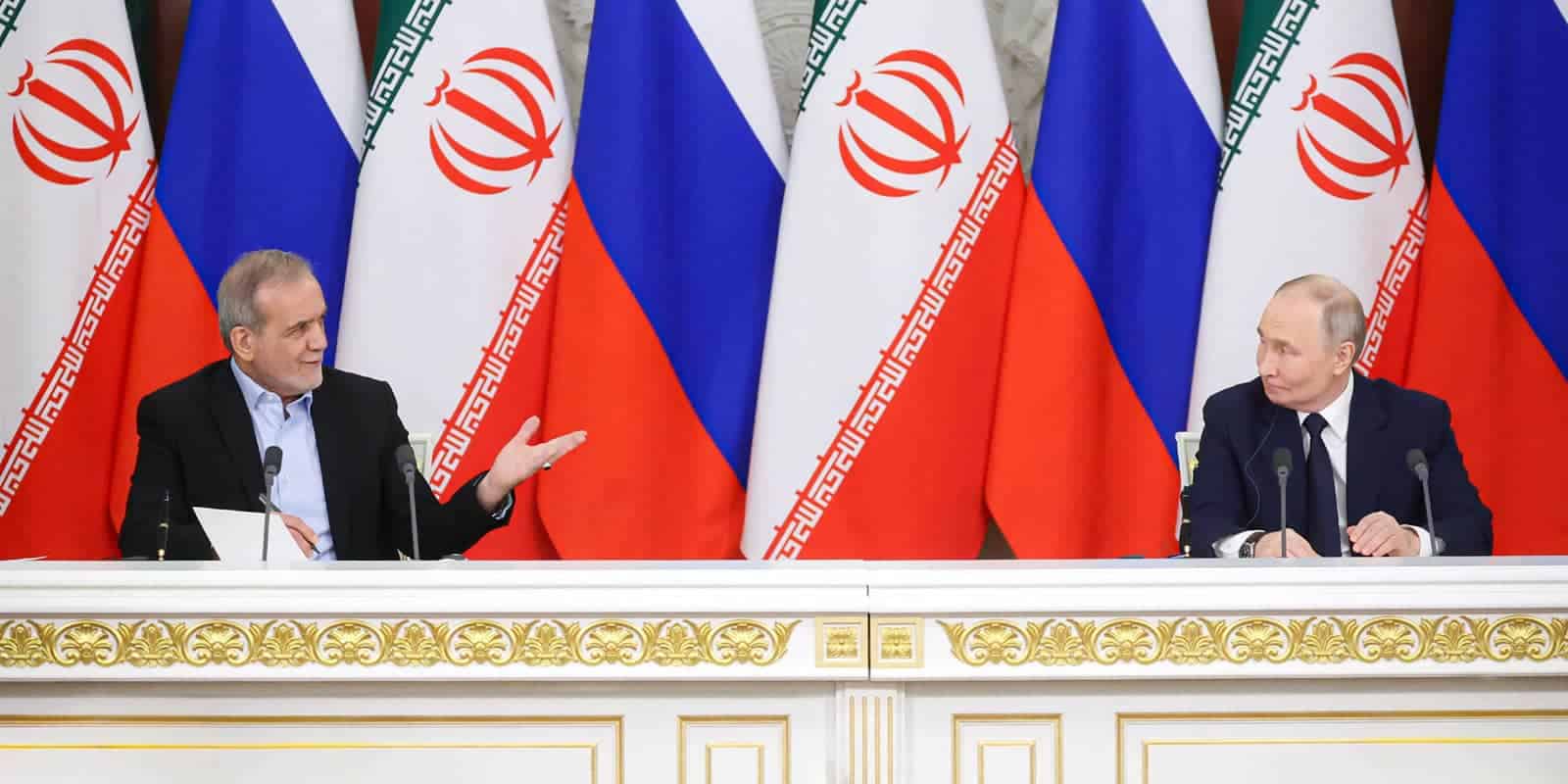The surrender agreement reached between Syrian rebel factions in Dera’a province and the Assad regime on Friday marks the predictable conclusion to the government offensive into the province that began on June 19.
In a simple, brutal strategy that has become familiar from similar applications across Syria since early 2016, rebel-controlled areas were first softened up by aerial bombing and bombardment, with ground forces amassed next to the rebel areas.
Then the prospect of surrender was offered, with the certainty of renewed carnage if it was refused.
There had been initial statements from the rebels of a fight to the death. The result of such a last stand would have been predictable. The Dera’a rebels had no air power, precious little artillery and armor, and no international support, against an enemy possessing all these resources in abundance. As in Aleppo, Homs, Hama and eastern Ghouta, facing the prospect of certain defeat, they chose surrender instead.
With the fall of Dera’a, the Sunni Arab rebellion launched in late 2011 against the Assad regime comes close to its conclusion.
Only Quneitra province still contains areas of independent rebel control (as well as an area controlled by an ISIS franchise). These form the next natural target for the regime’s forces.
For Israel, the crucial issue will be whether Iranian-associated forces will accompany regime troops to the border with the Golan. Prime Minister Benjamin Netanyahu is scheduled to meet with Russian President Vladimir Putin in Moscow this week. The issue of Syria and specifically that of the composition of forces that will arrive to the border in Quneitra will presumably form a major item on their agenda.
It remains deeply open to question as to whether Putin has either the will or the capability to prevent Iranian deployment in the border area. The Iranians have invested deeply in Syria and possess a powerful military-political infrastructure in the country.
The imminent eclipse of the rebellion, of which the fall of Deraa constitutes a milestone, therefore looks set to lead to continued competition and probable clashes between Israel and that infrastructure in Syria.
Published in The Jerusalem Post 10.07.2018
JISS Policy Papers are published through the generosity of the Greg Rosshandler Family.
photo: Bigstock















The IDF’s Learning Curve Following October 7 and Its Global Implications